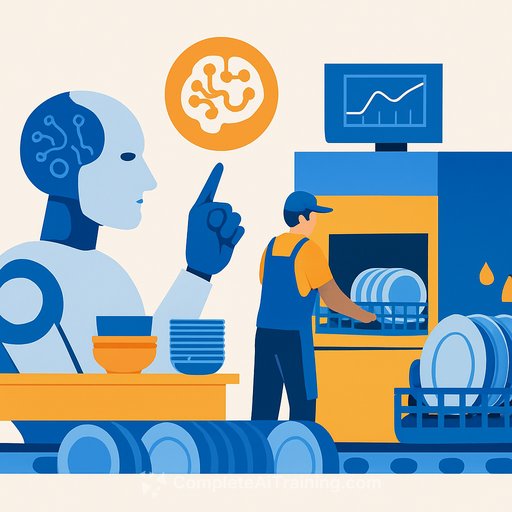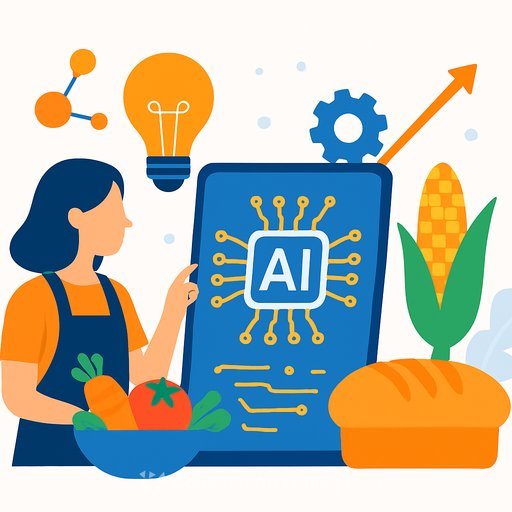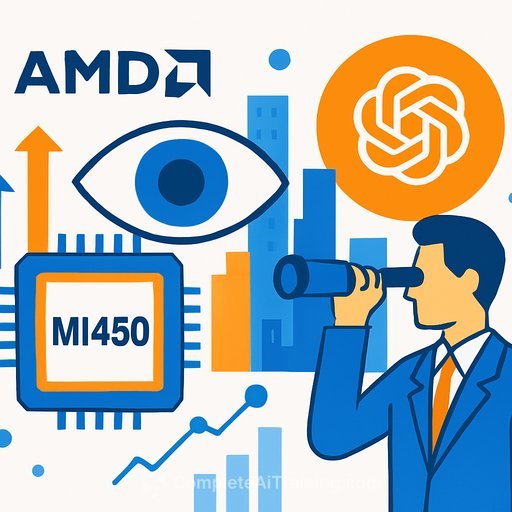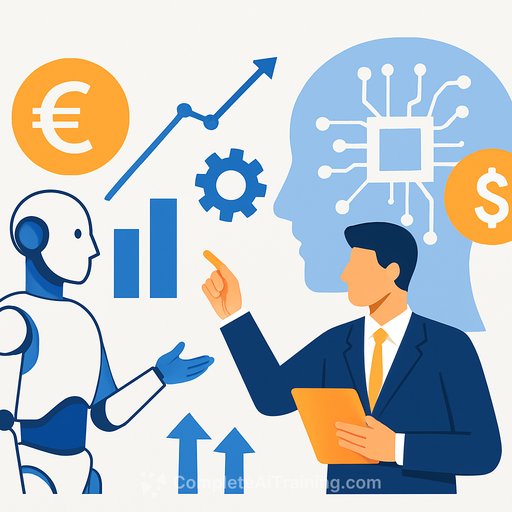The Impact of Artificial Intelligence on Warewashing
Artificial intelligence (AI) is set to influence every industry in the near future, including hospitality and foodservice equipment. While AI’s role in cooking equipment is becoming clearer, its potential in warewashing is only now gaining attention. Modern dishwashing machines already boast efficiency, speed, and self-diagnosis, but AI promises to elevate these capabilities further.
Manufacturers are exploring how AI can enhance warewashing beyond current engineering achievements. This includes adjusting wash cycles dynamically, predicting maintenance needs, improving self-cleaning, and even integrating robotics to handle loading and unloading tasks. Automation in these areas could reduce labor dependency and increase overall efficiency.
Smart Automation and AI Integration
Companies like Meiko UK highlight AI’s ability to tailor wash and rinse cycles according to load type and soil levels. They also emphasize AI’s role in anticipating technical issues and boosting efficiency with robotic assistance. Meiko’s automation in handling larger machines is already showing benefits in reducing waste and labor.
Winterhalter’s Connected Wash platform uses AI to interpret machine data for real-time monitoring and operational recommendations. It detects common issues such as premature door opening, inefficient machine use, and empty detergent dispensers. Future developments aim to automate adjustments based on item dirtiness and even introduce voice-activated commands for specific wash needs.
Automatic Adjustment for Efficiency
Hobart’s latest Flow Line collection incorporates AI to simplify warewashing while maximizing efficiency and capacity. Their SmartVisionControl technology automatically identifies incoming items, adjusts rinse power, and controls belt speed based on soil levels and ware type. This eliminates the need for sorting or multiple wash cycles, saving energy and chemicals regardless of the operator's experience.
Krupps integrates AI with machine learning and IoT in its KERA range to enable continuous self-diagnosis and automatic adjustments. This reduces user errors, downtime, and technical interventions, while optimizing water, energy, and chemical use. The system maintains constant communication with operators, anticipating their needs.
Even manufacturers without current AI features, like Smeg, recognize AI’s potential. Its professional division notes that with existing WiFi and touchscreen technologies, adding AI capabilities will be easier in the future, opening up new opportunities for product enhancement.
Strategic Deployment of AI
Maidaid stresses the importance of carefully assessing AI applications to ensure they deliver real benefits. AI can automate decision-making and resource optimization, but its deployment must focus on practical improvements for operators.
Adding Dealer Value Beyond Products
AI will shape warewashing’s future, but dealer relationships will continue to rely on value-added services. Meiko emphasizes project management and training support to maintain high service levels and rapid response times. Winterhalter focuses on staff expertise to provide comprehensive advice and workflow solutions beyond just the machinery.
Wexiödisk highlights the growing need for sustainability data to help dealers support operators' environmental goals. They provide verified case studies and third-party data to back product claims on water consumption, recycled materials, and more.
Krupps enhances dealer value with digital services and chemical management solutions that improve operational efficiency and open new business opportunities. Smeg offers a product range catering to different budgets and performance needs, ensuring dealers can meet diverse client requirements confidently.
Optimizing Lifespan Costs
Welbilt notes increased demand for machines that balance efficiency, ease of use, and cost savings. Their WMAXX dishwashers combine these qualities with comprehensive service options to support projects of any scale.
Maidaid’s broad product lineup allows dealers to specify machines suited to unique customer demands, focusing on lifespan costs through energy and water efficiency. They back this with expert training, surveys, and technical assistance to ensure reliable performance and dealer confidence.
The warewashing sector benefits from strong brand support and product availability. AI will add new layers of capability, creating fresh opportunities for dealers and operators alike as the technology matures.
Your membership also unlocks:






